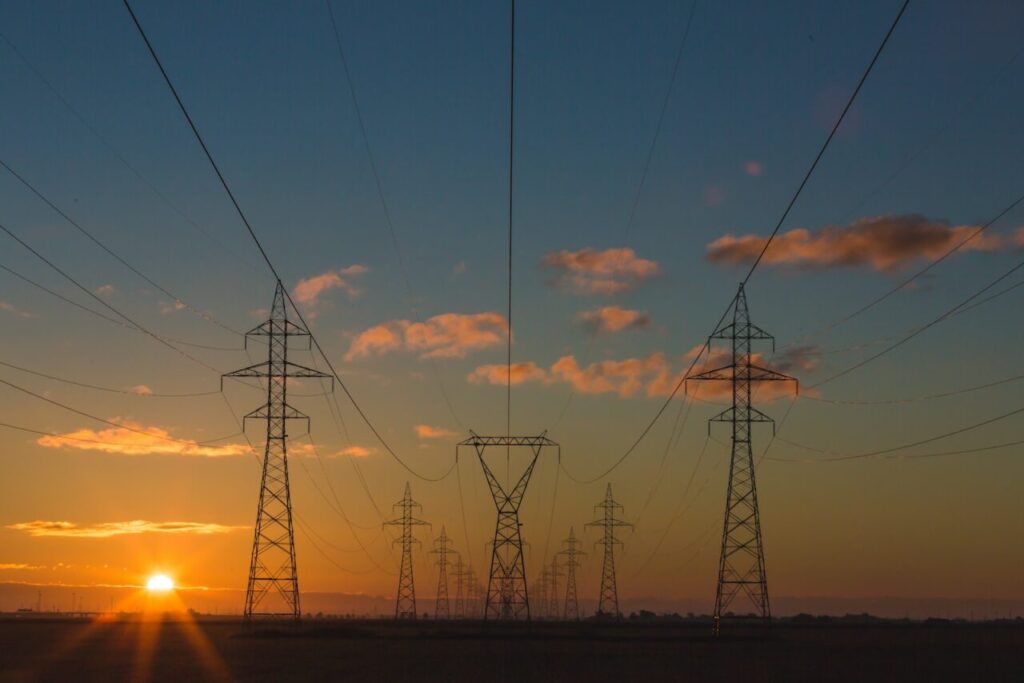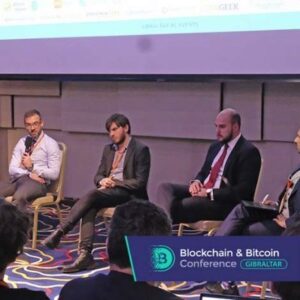Riot Blockchain recently reported that it earned $9.5 million in “power credits” last July by shutting down its machines during times of high electricity demand. What are power credits? How can a bitcoin miner get them? The heat is one of the most difficult things for bitcoin miners who have moved to Texas. Riot Blockchain, a mining company, demonstrated how you can cash in on bitcoin by not mining it.
In its July monthly report, the company stated that heat caused it to cut power several times during the month. This was a major reason for a 28% decrease in bitcoin mined in June.
It also revealed that it had received $9.5million in “power credits” from the grid operator. These credits were used to pay for shutting down during high demand periods that are caused by a heatwave. According to CEO Jason Les, the sum “significantly outweighed” the decline in bitcoin production.
This would indicate that shutting down operations when there is grid stress could be a profitable business opportunity. What are power credits? How can a bitcoin miner get them?
Texas has its own electric grid. It is managed by the Electric Reliability Council of Texas. ERCOT is a sort of air traffic controller. It balances supply and demand. It can achieve this by asking large power users not to use their power when the grid is tight. This is done through a variety of demand response programs, some of which offer financial incentives.
Advocates have claimed that Texas’ growth as a bitcoin mining center has made it possible for mining firms to use the grid . This claim was validated in July.
ERCOT issued a public appealto Texans to reduce their power consumption as the demand for cooling and air conditioning pushed the grid’s limits.
There are no regulations that require firms to reduce their power consumption during high demand times. Riot’s payday suggests, however that financial incentives might be sufficient.
It is difficult to understand the details of how these demand response incentives work. An ERCOT spokesperson stated in an email that there are three sources for payments to ERCOT for power curbtailments.
There are also “non-controllable loads resource programs”. These programs pay power users a small amount to have the option of turning them off in emergency situations.
Joshua Rhodes, a researcher at the University of Texas at Austin’s Webber Energy Group, stated that although they may never be turned off, they will still be paid to be turned off. “It’s load-side insurance.”
ERCOT stated that it didn’t make any payments under the program in July.
Rhodes explained that there are also “controllable loads resource programs”, which treat participating customers like a “negative energy plant”. “Controllable load resources are paid just like a power station gets paid to produce electricity. Loads need to be responsive to power price signals. They also require advanced technology such as automated software triggers that can reduce power when prices exceed a certain threshold.
There’s also an “emergency respond” service where certain generators and power users are available to be shut down or deployed in the event of an emergency. ERCOT stated that “unverified crypto mining loads” of 1,000 megawatts each were shut down for two-and-a half hours on July 13.
The regulators set a funding limit that limits how often the measure can be used. It was increased in July because heat pushed it to the limit.
Miners can also save money through a program called Four Coincident peak (4CP). This allows them to reduce transmission costs and save on their utility bills in the next year. They must be powered down for four 15-minute periods during the summer months when the grid is at its peak capacity. After the fact, ERCOT determines these 15-minute periods.
Riot has yet to respond to the Block’s request for clarification about where their July “power credit” came from. ERCOT said it does not comment on specific loads and plants.
Other miners are also looking to capitalize on Texas’s demand-response programs. Core Scientific, which owns about 15% of Texas’s miners, stated in its quarterly earnings report, that although it had reduced power in July, it did not receive any revenue. According to CEO Mike Levitt, the company is working on a program that will control load resources.
Levitt stated that “in the future, it may very well be possible to in fact have an economic relationship mutually beneficial with the grid operator.”
Argo Blockchain didn’t disclose the amount of power it had reduced in Texas in its latest monthly operational update. It claimed that Texas miners had reduced their peak demand by over 1,000 megawatts.
At the second quarter briefing of the Bitcoin Mining Council, Peter Wall, CEO of the company, stated that “We could talk for hours about Texas power,”. It’s a complicated grid. It’s a great place to mine bitcoins, which is why so many miners have moved there recently.”
Marathon also stated during its earnings call that Compute North had renegotiated its hosting contract with Marathon so it could participate with ERCOT in curtailment programs.
Marathon CEO Fred Thiel stated that “some of our industry peers have recently shown there are times when selling electricity back to the grid can be more profitable than to mine Bitcoin.”










